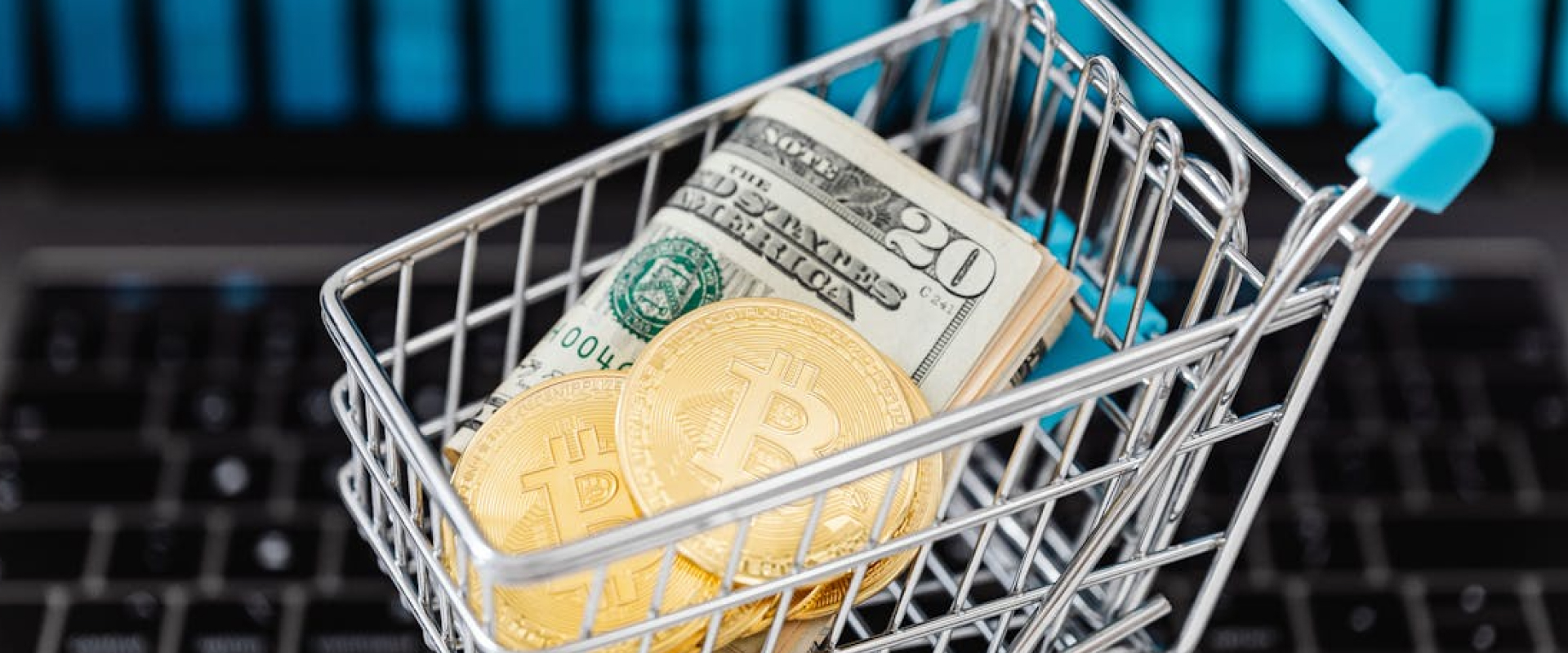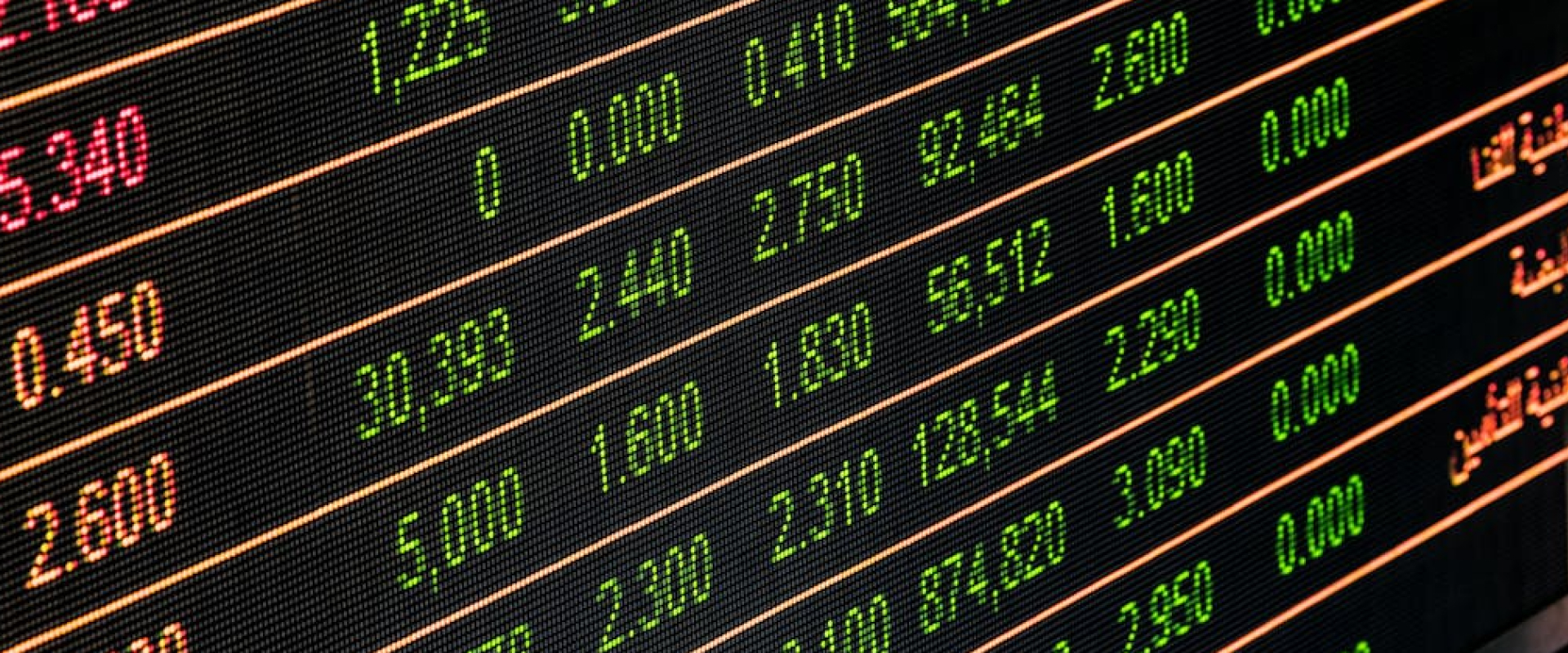When you read articles concerning the Global Economy in 2025, do you ever get that weird, unpleasant feeling? Everything seems to be alright one moment, and then you’re warned to prepare for impact. “Recession fears loom.” “Markets rally on optimism.” “Housing bubble on the horizon?”
Everything is impacted by this enormous, intricate system, some of which you will never see, including how much you pay at the store, whether your rent is increasing, and how much your pay cheque actually covers.
So, I figured — why not slow down, have a real conversation about it? Not in economist-speak or jargon-laced reports, but like two friends puzzling through the future over coffee. Because honestly, it affects us all.
The Global Economy in 2025 Feels… Off Balance

Let’s be honest — the last few years have been a bit of a financial fever dream. One moment, the world screeched to a halt, the next it was trying to sprint back to normal. We have witnessed huge corporations laying off employees like they were shaky after a storm, interest rates fluctuating in ways that made mortgages and loans suddenly feel like luxury goods, and inflation soar to levels that most of us had only read about in textbooks.
Although many things have settled down a little further, as we head into 2025, there is still this uneasy feeling in the air. While some industries are beginning to find their footing again, others feel torn between advancing and regressing. They seem uncertain. Although inflation is not as bad as it seems, it is not exactly gone yet. You still feel it every time you check out at the grocery store. Housing prices in some cities remain absolutely ridiculous, while other markets are mildly depreciating. And energy prices are going up, down and back. It’s about as difficult as trying to predict a cat’s next move.
Well, what lies ahead? To be honest, nobody really knows. Additionally, anyone who says they have everything worked out is most likely attempting to sell you something. Still, a few patterns are starting to take shape, and even if we can’t predict every twist and turn, it’s worth paying attention to where the wind seems to be blowing — especially when it comes to our own financial choices.
Interest Rates: High for How Long?

For the last couple of years, central banks around the world cranked up interest rates in an effort to curb inflation. Which, in theory, makes borrowing money more expensive and slows down spending. And sure, inflation has cooled in many countries — but rates remain higher than what most of us got used to over the last decade.
Heading into 2025, some economists expect gradual cuts. Others think rates will stay elevated a little longer to make sure inflation doesn’t rear its head again. Either way, it’s worth adjusting to this new normal.
If you’re carrying credit card debt, personal loans, or thinking of taking out a mortgage, this matters. Higher rates mean higher monthly payments and more interest over time. On the flip side, savings accounts and bonds are paying more than they did in years. It’s a weird financial landscape where debt punishes and cash actually earns a little something.
The Housing Market: Cooling Off or Just Catching Its Breath?

Remember the madness of the housing market in 2021 and 2022? Bidding wars, houses selling for absurd prices, people offering to name their firstborn after the seller just to land a deal. It was wild.
Now, things have cooled in a lot of regions, but housing is still painfully expensive in many cities. High interest rates didn’t cause prices to crash the way some expected — instead, they made homes less affordable because mortgage payments ballooned, even if prices didn’t drop much.
In 2025, expect a mixed bag. Some markets might soften a little more. New construction is picking up in certain areas, which could ease supply constraints. But if rates remain sticky, affordability will continue to be an issue.
If you’re a renter, brace for more gradual increases, though not the sharp hikes we saw a couple of years ago. If you own, rising property taxes in some regions might be the next headache.
Tech, AI, and the Future of Work

People fear about their jobs whenever a new technology is introduced. This has been true since the invention of the loom. However, as AI is developing more quickly than most people anticipated, there are now genuine discussions about how it is changing many businesses.
It’s likely that more businesses will incorporate AI into their processes by 2025, automating some jobs and possibly reducing employees in areas where software can handle the work. But it’s also creating new roles — people who train AI, monitor its use, and build better, fairer systems.
For personal money, this is in two parts. First, it’s worth investing in your skills. The second thing is to be curious, learn new tools and adapt. Second, it might mean rethinking what “job security” looks like. The safest positions are often the ones where creativity, empathy, and judgment matter most.
Investments: Keep Playing the Long Game

Markets have been a rollercoaster since the pandemic, and 2025 isn’t likely to be the year of serene, predictable growth. Geopolitical tensions, supply chain hiccups, energy issues, and shifting consumer habits keep markets on edge.
But here’s the thing — if history has taught us anything, it’s that time in the market beats timing the market. It normally doesn’t work out well to try to guess when to leap in or out. For most people, the smartest move is still the slow and steady approach—investing regularly in diversified funds, retirement accounts, and companies that are built to last.
And there’s a growing interest in something else too: ESG investing, or putting your money into businesses that are ethical, sustainable, and socially responsible. More and more people want to know that their investments are aligned with their values—not funding things they’re against.
Global Events: Expect the Unexpected

If the last few years have taught us anything, it’s that global events can rattle financial markets overnight. From war and natural disasters to sudden political shifts or viral social media trends, the global economy is more interconnected — and more reactive — than ever.
It’s impossible to predict what the next curveball will be, but it underscores the importance of having a little financial cushion. An emergency fund isn’t just for personal mishaps anymore; it’s protection against a world that changes quickly.
So… What Should We Do About It?
Continue to be adaptable. Begin to save as much as you can, no matter how little. When you can, pay off high-interest debt.
Please also refer to this: Best 10 Cryptocurrencies to Invest in 2025 (Market Cap Ranked)
If you’ve been thinking about what 2025 might mean for your wallet, your career, or your investments, you’re not alone. It’s a strange, fascinating time to be an adult managing money. But conversations like this help. So, let’s keep having them.

I’m a young, curious storyteller with a passion for writing and a Specialization in cybersecurity. As an all-niche writer, I thrive on exploring diverse subjects — from the latest in cyber defense to trends in technology, culture, and beyond. With a natural ability to simplify complex ideas, I turn intricate topics into clear, engaging narratives that resonate with any audience.





Leave a Reply